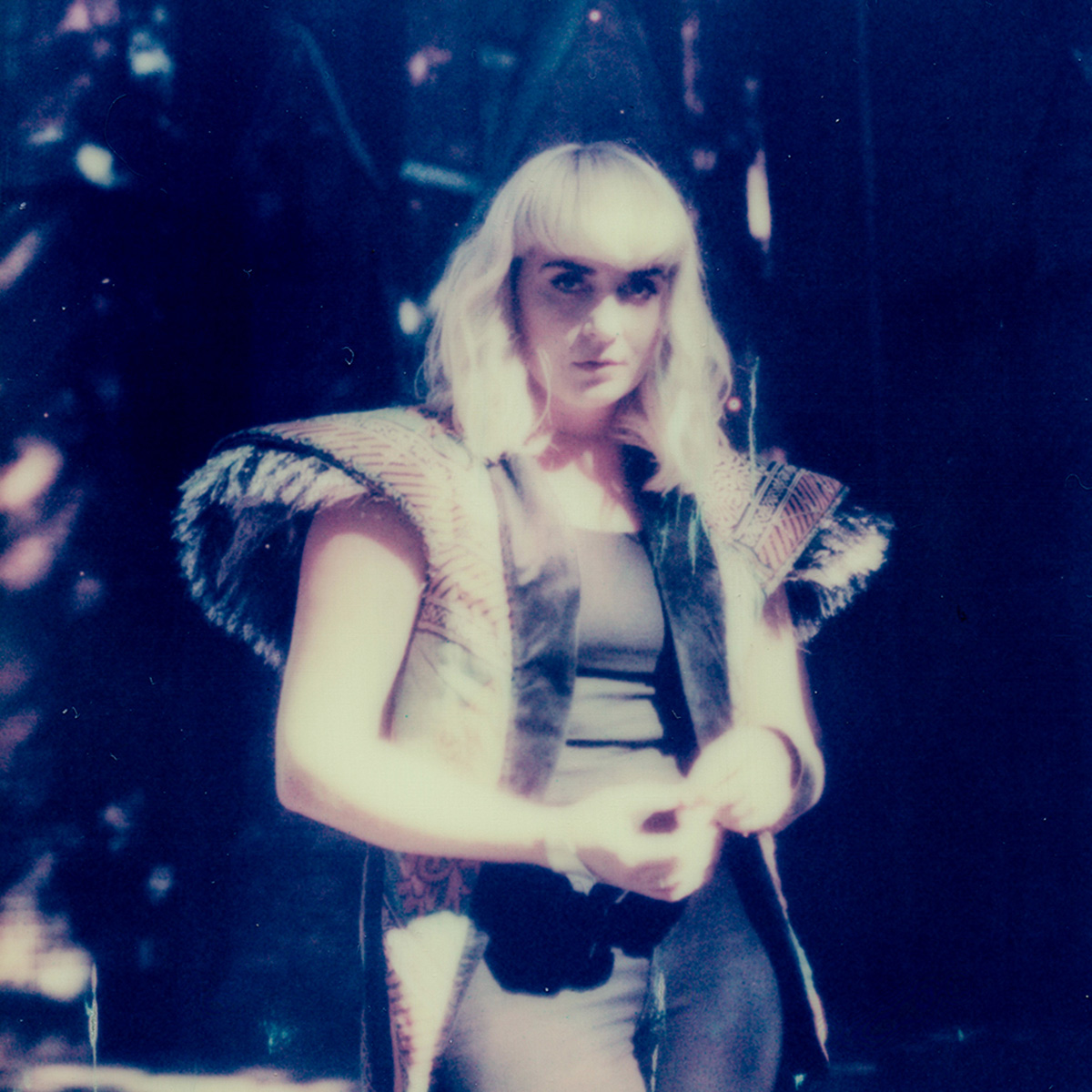
Eivør AyOwA
When working a new song, Eivør often envisions the dramatic landscape of her Nordic homeland, a remote archipelago known as the Faroe Islands.
“It can be very harsh and very gentle at the same time, and when I sing I see that wildness and softness blended together,” says Eivør. “I think it helps me to create music with a lot of contrast, which is important to me—I don’t want my music to ever feel too safe.”
Now based in Copenhagen, Eivør brings that stark contrast to a darkly textured yet brightly melodic sound centered on her captivating vocals. While her origins lie in Faroese folk singing, Eivør’s most recent output reveals her fascination with the infinite possibilities of electronic music. Along with earning comparisons to Kate Bush in the pages of MOJO, Eivør’s otherworldly ingenuity has led to her role in co-composing the soundtrack to the BBC/Netflix flagship series The Last Kingdom.
Originally released in 2015—with an English-translated version arriving last year—Eivør’s latest album Slør embodies her sonic sensibilities in tracks like “Trøllabundin”: a haunting piece of alt-pop built on her shapeshifting vocal work and hypnotic hand-drum rhythms.
“This song started off as an a cappella improvisation in a dark hallway on a lonely night,” says Eivør. “It’s about being under the spell of music. When I play it today, I feel like I’m playing some kind of shaman techno music, even though there’s only my voice and my drum.”
Growing up on that island in the midst of the North Atlantic, Eivør first discovered the force and nuance of her voice by singing traditional Faroese folk songs with her family. Soon after learning to play guitar from her mom at age 10, she started writing her own material. “One of the first artists who really blew me away in terms of songwriting was Leonard Cohen,” Eivør recalls. “My friend’s parents had this big collection of his albums, and I’d go to see her and we would listen to his records all day long. There was something about him I just felt very haunted by, mostly in his storytelling.”
At age 16 Eivør made her first album, and spent the coming years playing folk festivals across Scandinavia. Although she also delved into genres like jazz and classical, her passion for experimentation eventually drew her to the world of electronic production. “I was trying to break out of this box I’d built around myself, creatively speaking,” she says. “I think as you dig deeper into whatever you’re trying to create, you sometimes come to a crossroads where you need to make some decisions that might take everything in a completely new direction.”
As part of her musical transformation, Eivør began to work more independently and brought a new degree of self-possession to her artistry. Through her sonic exploration, Eivør found herself creating more beat-driven tracks, such as the intensely charged and beautifully ominous “Salt” (also featured on Slør). Not only inspired by trip-hop pioneers like Massive Attack, Eivør’s efforts in beat-making also mine influence from such unlikely sources as Inuit throat singing. “I started coming up with ideas for beats by playing around with a combination of throat singing and beatboxing, and then building everything from there,” she points out.
While her songs often unfold with a certain melancholy (an effect she attributes to “the place I come from, and the sound of heavy waves crashing”), Eivør’s music also holds a mesmerizing power that’s nothing short of transportive. That power is especially evident in her stage show, as seen on her sold-out debut UK tour in 2017. “The live show is my thing,” Eivør says. “The songs truly come alive to me when I can reflect them back to an audience.”
Now working on her next album, Eivør remains focused on making music that’s uncompromising in emotion, and that ultimately connects on a visceral level. “I love looking out into my audience and seeing hipsters and grandmothers and goth kids and metal freaks, with no walls between us,” Eivør says. “I think that happens because I’m not trying to create for any particular crowd. I’m just trying to make the music that I’m yearning to hear myself—something that for me goes straight to the core of what it feels like to be a human in this world.”
